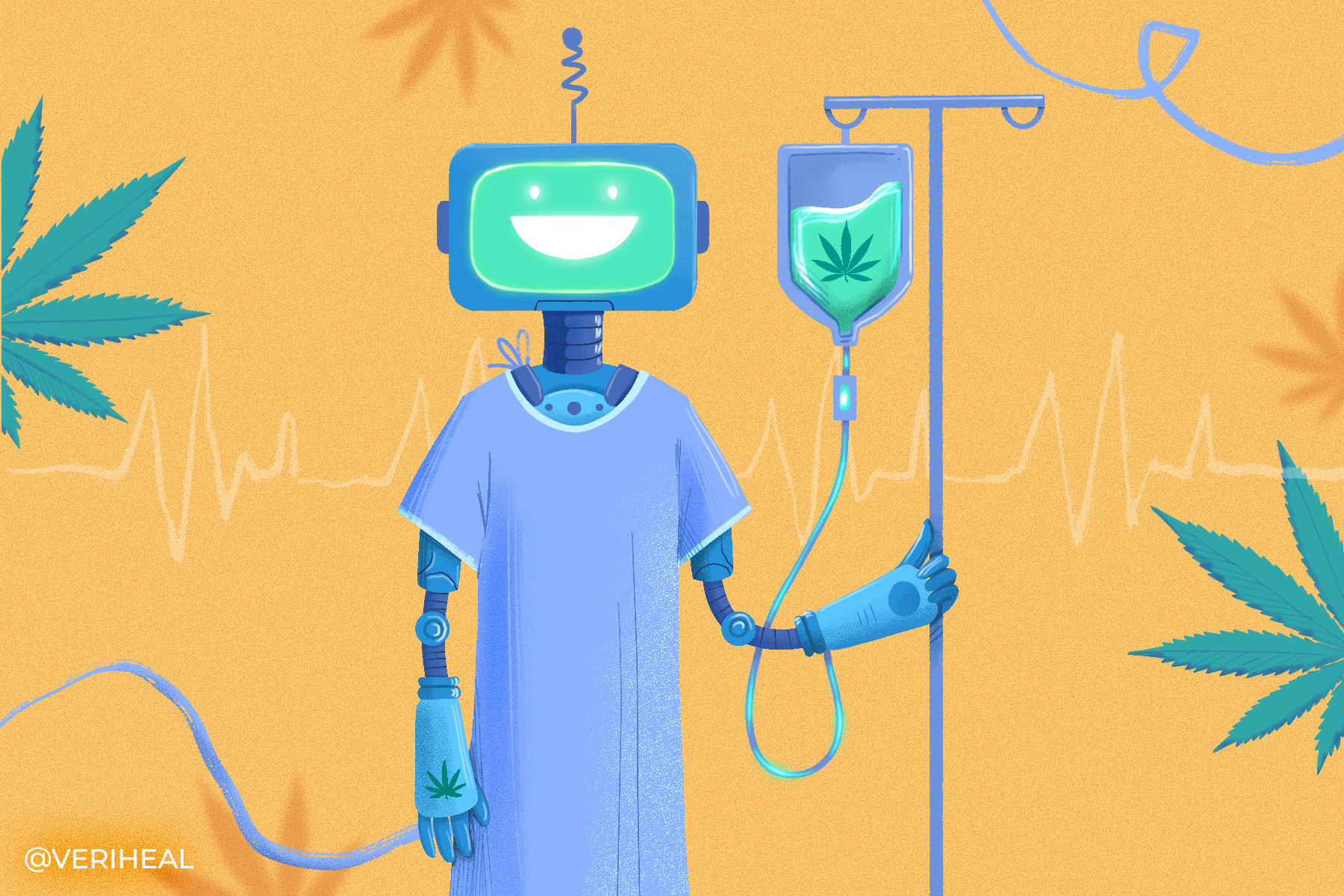The Coronavirus has been around for a few years. During this time, researchers conducted studies on a wide range of topics. A 2022 study published in the Journal of Cannabis Research explored cannabis consumption and COVID-19. Researchers found that those who consume cannabis were associated with lower COVID-19 severity among those who have been hospitalized, compared to those who do not consume.
Study: Cannabis Consumers Had Lower COVID-19 Severity
Researchers assessed whether cannabis consumers hospitalized as a result of the Coronavirus had improved outcomes compared to non-consumers. The interest in this specific topic is the result of the immunomodulatory properties that cannabis possesses. These properties are one of the most common reasons why cannabis is consumed for medicinal purposes.
The researchers included 1831 COVID-19 patients located in one of two medical centers in Southern California. The team made use of the following factors to compare cannabis consumers and non-consumers in the study:
- The NIH COVID-19 Severity Score
- Need for supplemental oxygen
- Intensive care unit admission
- Mechanical ventilation
- Length of hospitalization
- In-hospital death in order
While the number of participants in the study is small when compared to the number of Covid-19 related hospitalizations, the indicators they used to measure outcomes are quite extensive.
The study controlled for differences such as:
- Age
- Body-mass
- Sex
- Race
- Tobacco smoking
- Comorbidities
All of the above-mentioned indicators are “known to be risk factors for COVID-19 mortality between cannabis users and non-users.” The team explains that the virus has claimed more than 5 million lives worldwide. Tobacco smoking is associated with more severe outcomes, but there is little “known about these outcomes in people who use cannabis products.”
The Importance of Cannabis Immunomodulatory Properties
In order to better understand how cannabis consumption may impact the outcomes of hospitalized Coronavirus patients, the team explains that one need to understand the immunomodulatory effects of cannabis — especially considering that “progression to more severe forms of COVID-19 may be due to manifestations of hyperinflammatory states.”
Cannabis as an immunomodulatory agent — meaning it is a substance which stimulates or suppresses the immune system. This then aids the body in fighting against infection and disease.
Another research paper that assessed cannabis as an immunomodulatory agent, explained that the compounds in cannabis have been proven to exhibit immunomodulatory properties in both humans and experimental animals. This paper states that “it is clear that THC and other cannabinoids are excellent tools for studying the mechanisms of immune modulation, especially altered susceptibility to microbial infection.”
Why You Should Get Your Medical Marijuana Card
Veriheal has satisfied millions of patients nationwide by giving them access to these benefits
- Larger purchase limits
- Peace of mind
- Enhanced legal protection
- Access to higher potency strains
- Save up to 25% on cannabis purchases
- Skip the line at the dispensary
Considering the fact that cannabis can suppress, or dampen, the immune system, Shover and team explain that this function of cannabis may “be a plausible strategy for mitigating severe disease progression,” such as that associated with the more severe forms of the Coronavirus. The researchers explain that one method of treating COVID-19 virus is through the use of pharmaceutical immunomodulators (which suppress the immune system), such as dexamethasone, tocilizumab and baricitinib.
Cannabis Consumption and COVID-19: Results of the Study
A very small percentage (4%) of participants said they were cannabis consumers. This adds up to 69 out of the 1831 participants. The researchers found that patients who did consume cannabis were typically under the age of 44, frequent tobacco smokers, less diabetic, and had lower levels of inflammatory markers at the time they were admitted to hospital when compared to non-cannabis consumers.
Overall, cannabis consumers had better outcomes when compared to non-consumers. These outcomes refer to having lower NIH COVID-19 Severity Scores, shorter hospitalization periods, lower ICU admission rates as well as less need for mechanical ventilation, with no differences having been found with regards to oxygen supplementation.
The paper highlights the fact that tobacco smoking has been determined to have a detrimental relationship with COVID-19 but that their study found cannabis to have the opposite kind of relationship with the virus. They explain that their study “suggests that cannabis may actually lead to reduced severity and better outcomes despite a five-fold greater concomitant use of tobacco amongst cannabis users compared to non-users,” in their study population.
Cannabis Consumption and COVID-19: Limits of the Study
Keep in mind that the researchers made use of data contained within the clinical charts. It’s also worth nothing that their research is a retrospective analysis — meaning that their findings may be affected by inaccurate or incomplete documentation in the clinical charts.
The researchers also explain that cannabis use was self-reported during routine admission data. This means they may not have captured all current cannabis users — which makes sense considering that some people still feel the need to conceal their consumption from physicians.
The researchers warn that their study needs to be interpreted with caution given the limitations of a retrospective analysis and the small sample size of participants. Cannabis as a means of preventing and treating a coronavirus diagnosis needs to be done with caution but that the matter is receiving increased attention. There are even planned trials where cannabis will be administered to severe and critical COVID-19 infections in order to evaluate the cannabinoids as treatment.
Regardless of the limitations, cannabis consumption was associated with decreased coronavirus severity. Their study may be the first to assess the impact of cannabis on the severity of Coronavirus as well as the outcomes of those admitted to hospital, but there’s still a need for further investigation.
Therefore, individuals should not try to self-medicate with cannabis after having contracted the Coronavirus. Instead consult with their physician about including cannabis as an immunomodulatory agent in tandem with other treatment.
If you are concerned about the stance your physician has on medicinal cannabis, consider consulting one of our medical professionals at Veriheal.
Author, Share & Comments








